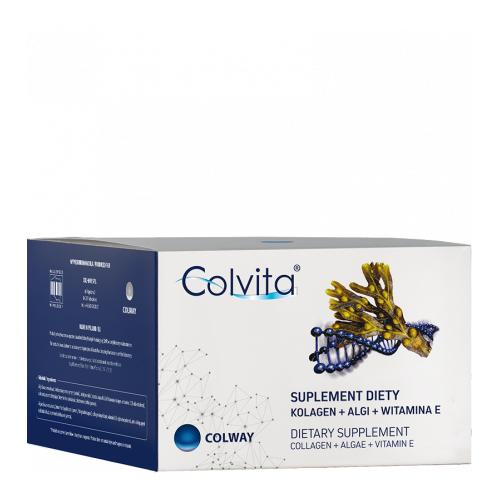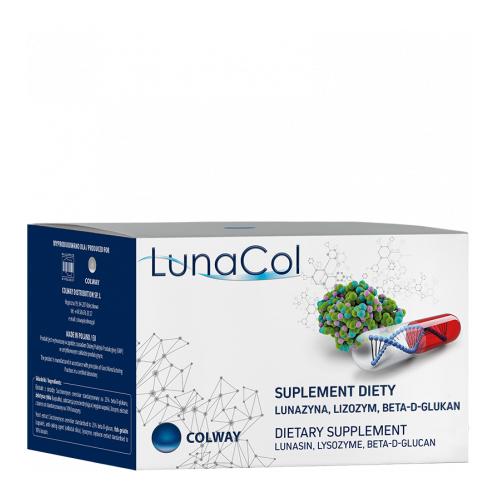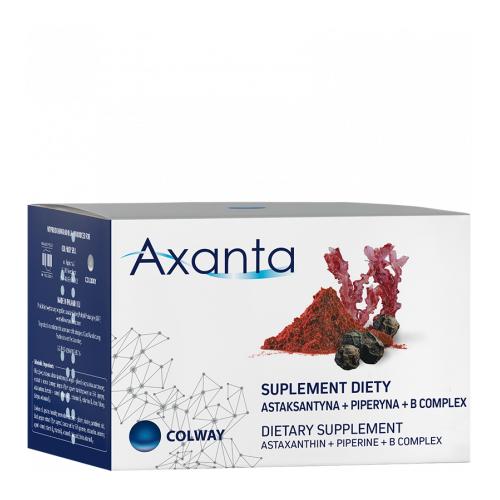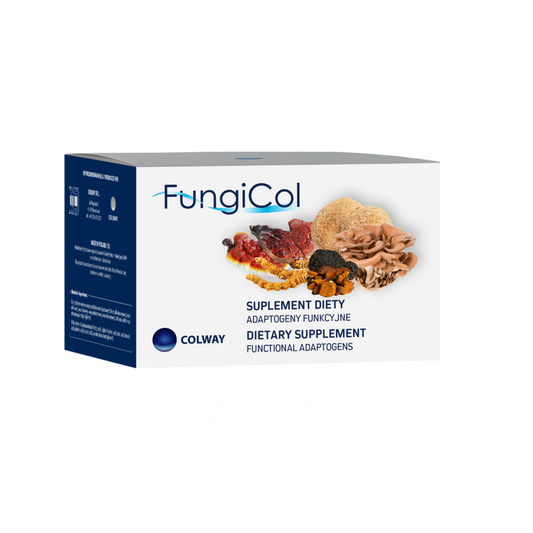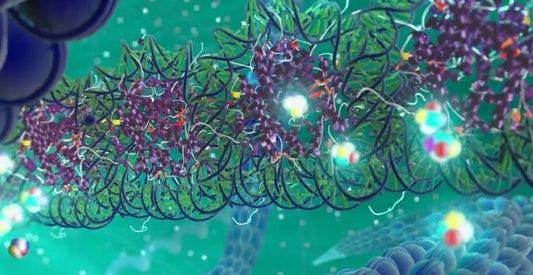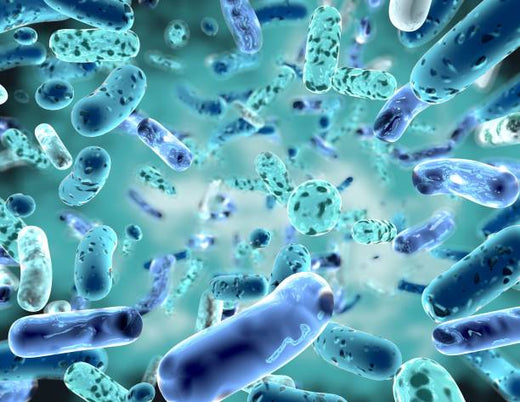Prebiotics, essential components in infant nutrition, have gained attention in recent years. These indigestible ingredients, present in foods such as oligosaccharides, play a crucial role in the development of healthy intestinal flora in infants.
The Importance of Prebiotics in the Gastrointestinal Flora
The gastrointestinal flora of infants is significantly influenced by the presence of prebiotics in their diet. Studies have shown that infants fed formulas enriched with prebiotics have an intestinal flora similar to that of those fed breast milk, characterized by a greater presence of bifidobacteria.
Prebiotics and their Relationship with Allergies in Childhood
The composition of the intestinal flora has a direct impact on the development of allergies. A greater presence of bifidobacteria, stimulated by prebiotics, is associated with a lower risk of allergic diseases in children.
Nutritional Effects of Prebiotics
In addition to their impact on intestinal flora, prebiotics improve the absorption of essential nutrients such as calcium and zinc. This is particularly important in infant nutrition, where adequate absorption of these minerals is crucial for healthy development.
Prebiotics and Gastrointestinal Health
Prebiotics also play an important role in overall gastrointestinal health. Its inclusion in the diet of infants has shown a tendency to reduce episodes of diarrhea and other gastrointestinal problems.
Conclusion: A Healthy Future with Prebiotics
The inclusion of prebiotics in infant nutrition not only simulates the beneficial effects of breast milk on the intestinal flora, but also contributes to better general health and the prevention of allergies and gastrointestinal problems. Its role in child nutrition is, therefore, of vital importance.
Frequently Asked Questions about Prebiotics in Infant Nutrition
-
What exactly are prebiotics? Prebiotics are non-digestible food components that promote the growth of beneficial bacteria in the intestine, such as bifidobacteria.
-
Why are prebiotics important in infant nutrition? They are important because they help develop healthy intestinal flora, similar to that of breastfed infants, which is essential for digestive health and allergy prevention.
-
Can prebiotics improve nutrient absorption? Yes, prebiotics can improve the absorption of important minerals such as calcium and zinc, essential in child development.
-
Can prebiotics help prevent allergies in children? Yes, a healthy gut flora, encouraged by prebiotics, is associated with a lower risk of developing allergies in childhood.
-
What foods contain prebiotics? Prebiotics are found in foods such as oligosaccharides, present in certain fruits, vegetables and grains.
-
Are prebiotics safe for all infants? In general, yes, but it is always advisable to consult with a pediatrician before introducing any supplement into an infant's diet.


























































































































